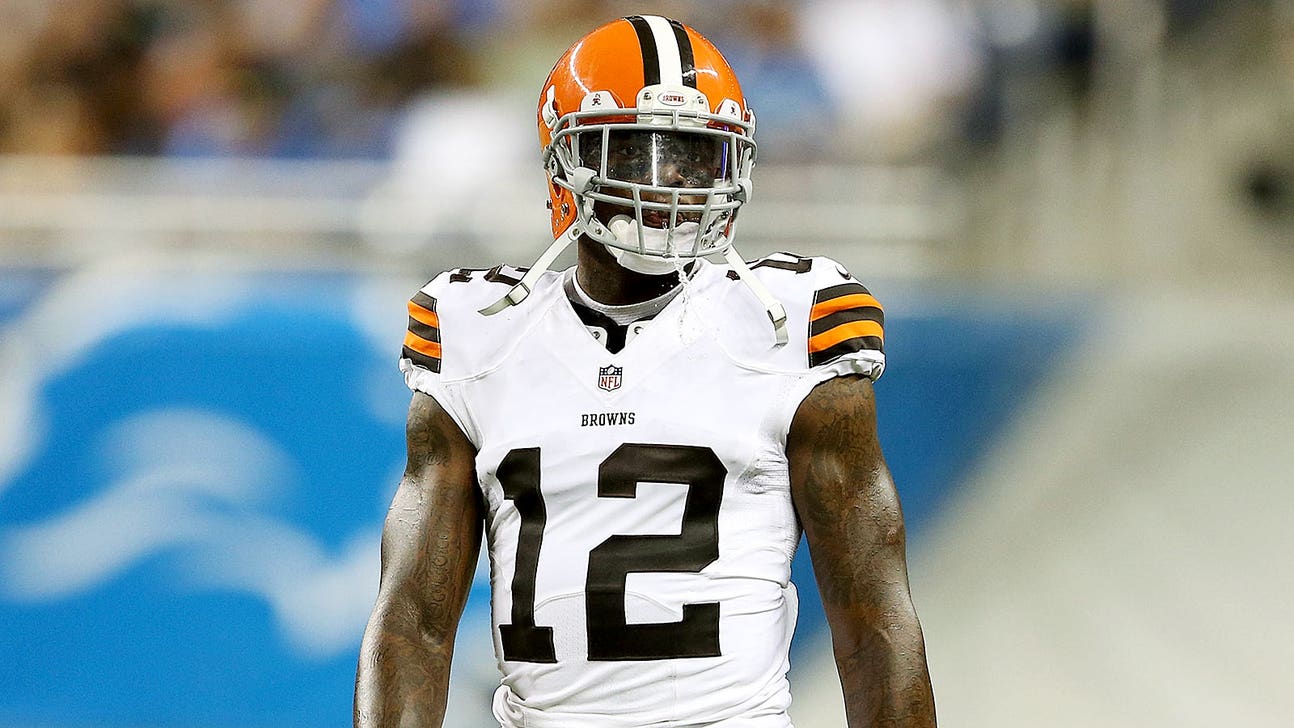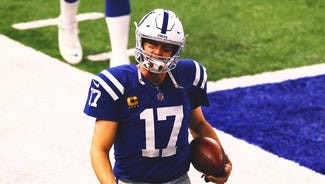
East Coast Offense - Week 2

Last week, I wrote about the process of evaluating Gordon's likelihood of playing this year and used a poker analogy to make my point. It looked more bleak than it does now - pending the possibility of his reinstatement due to the NFL modifying its substance-abuse rules - but that only means he had more outs than I realized and those who drafted him had better odds of making their hands. Gordon's improved prospects don't change the point I made - that whatever you deemed his chances to be, your process was sound as long as you assigned him some percentage shot of playing and balanced that against the payoff of his projected production. If you simply punted due to uncertainty and said: "Let someone else draft him," or resigned to draft him so late you were assured not to get him, your process was lacking.
This week, I want to make a related, but different point about where people were getting their information. Much of the mainstream coverage was uninformative and even misleading. Here's a quote from an August 27th column by the Cleveland Plain Dealer's Mary Kay Cabot:
Josh Gordon's legal team is currently pursuing all of its legal options in regard to his season-long suspension for violating the NFL's substance-abuse policy, a source told cleveland.com Thursday.
However, one league source familiar with such NFL cases said "he has no shot of having the suspension overturned in court. It's over."
The source said Gordon has no case, because the collective bargaining agreement between the NFL and the NFLPA will trump any involvement by the courts.
If Gordon's team does decide to pursue legal action, it would most likely seek a temporary restraining order in Cuyahoga Court of Common Pleas that could enable him to continue playing while the case is resolved.
How does that read to you? To me, it sounds like Gordon has virtually no shot at playing this year. There are no quotes from Gordon's legal team or, better yet, an unbiased expert in Ohio labor law. Only a "league source" whom she grants anonymity and whose point of view is the only one cited in the article. We have no idea what his agenda is or whether he has a good grasp of Ohio law and whether it might apply. Moreover, if an anonymous source turns out to be wrong (or lying), there's no accountability. People are a lot less likely to give bad information if their names are attached.
Essentially, Cabot is passing on the NFL's company line, and the message is: "Move on, this is a done deal." How hard would it have been to find an expert in Ohio labor law to go on record and give his opinion of Gordon's chances?
Contrast Cabot's reporting with the work of Sports Illustrated's Michael McCann or Field and Court's Cedric Hopkins which we summarized here. These are lawyers familiar with the issues, researching Ohio law and looking at precedents in order to handicap Gordon's chances. It was fact-based reporting rather than lazy, league-friendly stenography. But because Cabot is the beat reporter for the team's largest local paper, it was her coverage that shaped the mainstream understanding of the issue. So you had the mainstream fantasy audience hearing that the issue was dead, while when we looked closely at the facts it didn't seem dead at all.
That Gordon wasn't suing immediately even though he had what seemed to be a decent case in the Ohio courts while the league was taking away his livelihood during a peak season of his career for doing something that's not even a crime in two states didn't add up. Unless, of course, something else was going on, and that turns out to be the possible changes to the league's drug enforcement policy that could result in Gordon's reinstatement.










